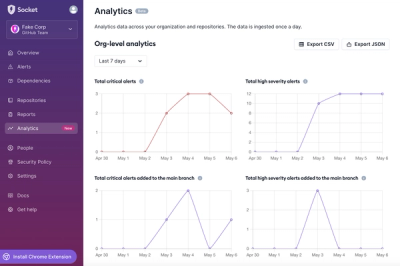@furystack/logging
Logging package for FuryStack
Initializing with @furystack/inject
You can start using the Logging service with an injector in the following way:
import { ConsoleLogger } from '@furystack/logging'
const myInjector = new Injector().useLogging(ConsoleLogger, Logger1, Logger2 )
You can retrieve the Logger instance with
const myLogger = myInjector.getLogger()
...or with a specific scope:
myInjector.getLogger().withScope('CustomScope')
Logging events
You can log a simple event with
myLogger.addEntry({
level: LogLevel.Verbose,
message: 'My log message',
scope: '@furystack/logging/test',
data: {
foo: 1,
bar: 42,
},
})
or
myLogger.verbose({
message: 'My log message',
scope: '@furystack/logging/test',
data: {
foo: 1,
bar: 42,
},
})
The two snippets do the same - they will add a log entry to each registered logger.
Scoped loggers
At the most of the cases, you use a logger in a service with a specific scope. You can create and use a scoped logger in the following way
const scopedLogger = myLogger.withScope('@furystack/logging/test')
scopedLogger.verbose({ message: 'FooBarBaz' })
Implementing your own logger
You can implement your own logging logic in the similar way as this custom log collector
import { AbstractLogger, ILeveledLogEntry } from '@furystack/logging'
@Injectable({ lifetime: 'singleton' })
export class MyCustomLogCollector extends AbstractLogger {
private readonly entries: Array<ILeveledLogEntry<any>> = []
public getEntries() {
return [...this.entries]
}
public async addEntry<T>(entry: ILeveledLogEntry<T>): Promise<void> {
this.entries.push(entry)
}
constructor() {
super()
}
}



